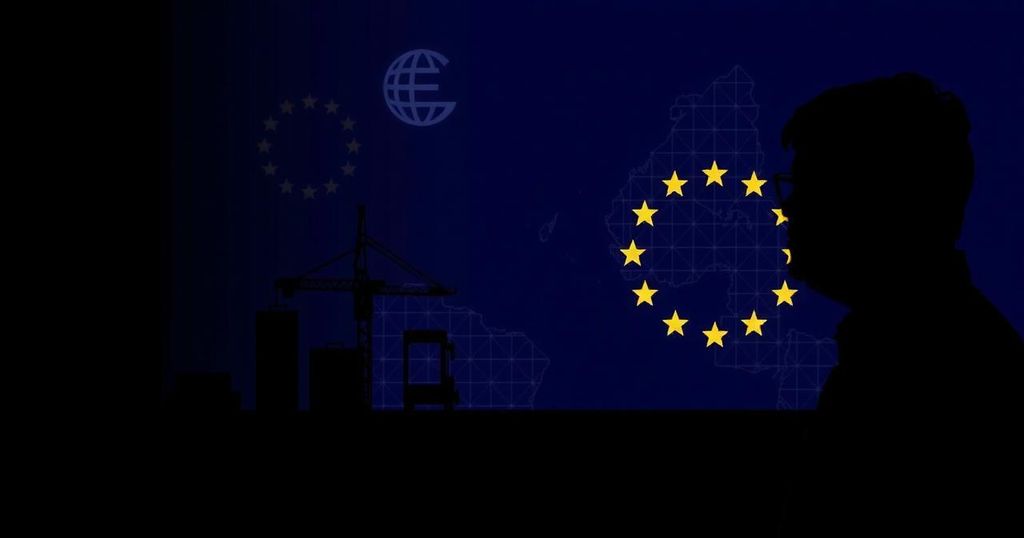Urgency Grows for Finalizing IEU-CEPA Amidst Negotiation Stalemate

Indonesia’s Minister of Trade, Zulkifli Hasan, urged for the quick finalization of the IEU-CEPA, which has been in the works for over nine years. He warned that completing the agreement will become more challenging with the new government under President-elect Prabowo Subianto, as negotiations have stalled due to ongoing EU demands. To resolve contentious issues, there is a suggestion to temporarily set aside certain discussions and prioritize concluding the agreement.
On September 26, 2024, Indonesia’s Minister of Trade, Zulkifli Hasan, emphasized the urgency to finalize the Indonesia-European Union Comprehensive Economic Partnership Agreement (IEU-CEPA), which has been under negotiation for over nine years. He stated, “It’s not an ultimatum, we’re just saying that it will be harder during the new government,” highlighting the challenges posed by the incoming administration led by President-elect Prabowo Subianto, who aims to incorporate palm oil into biodiesel at a significant level. Zulkifli indicated that Indonesia has made several concessions during discussions with the EU, but the latter continued to impose additional requests, which has stalled negotiations. He proposed that while the goal is to complete the agreement swiftly, progress is contingent upon the EU’s willingness to compromise, claiming, “(We are aiming) to finish this week, but if the EU refuses to concede then it’s not possible.” Further complicating matters, Director General of International Trade Negotiation, Djatmiko Bris Witjaksono, noted that the negotiation is hindered by a lack of alignment on policy levels, particularly concerning Indonesia’s potential relaxation of environmental regulations and the EU’s deforestation regulations. He suggested that Indonesia and the EU consider deferring these discussions to allow for the signing of IEU-CEPA, stating, “The agreement is subject to amendment.”
The IEU-CEPA negotiations have been prolonged, with both parties struggling to align their interests and policy requirements. The backdrop includes Indonesia’s significant economic interest in promoting biofuels, specifically through the use of palm oil, which the incoming administration aims to leverage as part of its energy strategy. The negotiations have faced issues related to environmental concerns raised by the EU, particularly regarding deforestation, which remains a contentious point hindering the finalization of the agreement.
In conclusion, the IEU-CEPA negotiation represents a critical economic partnership opportunity for Indonesia and the EU. While the Indonesian government, led by Minister Zulkifli Hasan, is eager to finalize the agreement, ongoing disputes over policy requirements pose significant challenges. The ability to navigate these issues and reach a mutually beneficial agreement will be essential for future trade relations between Indonesia and the European Union.
Original Source: en.tempo.co








